DST Is Coming – How To Sleep Better Tonight
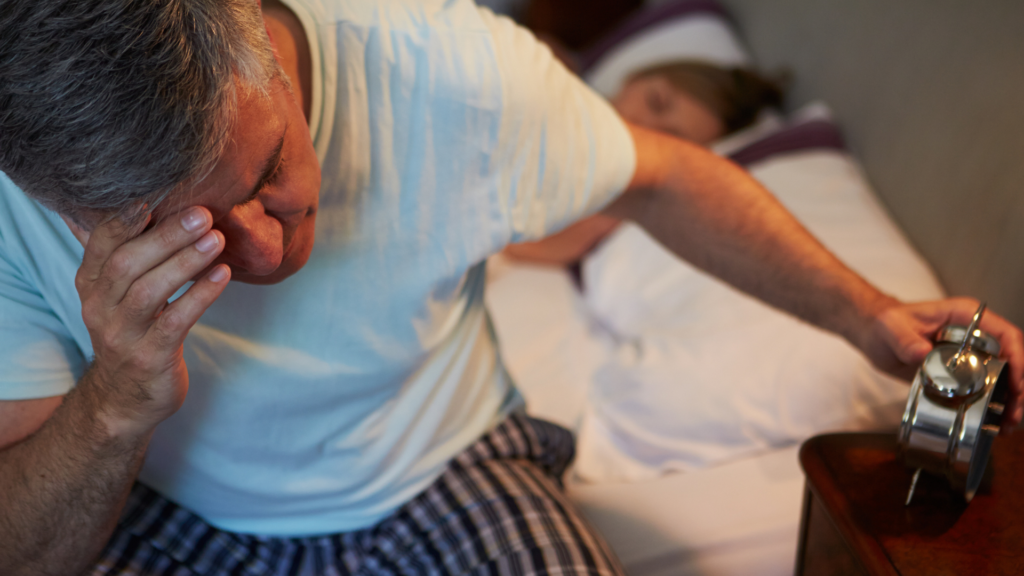
If you’re reading this, there’s a good chance you’re one of the millions of Americans who struggle with getting a good night’s sleep. In fact, at any given time, over a third of the US population is sleep deprived. And this weekend (March 12th), Daylight Savings Time is going to cause even more disruptions to our sleep schedules, leading to car accidents, strokes, heart attacks, depression, or perhaps just that feeling of jet lag and being out of sorts. That’s why it’s more important than ever to take care of your sleep hygiene and minimize the negative effects of poor sleep on your overall well-being.
Stick to a Consistent Sleep Schedule
One of the most important things you can do to improve your sleep hygiene is to stick to a consistent sleep schedule. Try to go to bed and wake up at the same time every day, even on weekends. This will help regulate your body’s natural sleep-wake cycle, making it easier to fall asleep at night and wake up feeling refreshed in the morning.
Create a Relaxing Bedtime Routine
In addition to sticking to a consistent sleep schedule, it’s also helpful to create a relaxing bedtime routine. Do something calming and relaxing before going to bed, such as reading a book, taking a warm bath, or listening to calming music. This will help signal to your body that it’s time to wind down and prepare for sleep.
Avoid Electronic Devices Before Bedtime
The blue light emitted by electronic devices can disrupt your sleep and make it harder to stay asleep at night. To minimize the impact of electronic devices on your sleep, try to avoid using them for at least an hour before bedtime.
Create a Comfortable Sleep Environment
Creating a comfortable sleep environment is also important for improving your sleep hygiene. Make sure your bedroom is quiet, cool, and dark. Invest in a comfortable mattress and pillows to ensure that you’re able to get a good night’s sleep.
Limit Caffeine and Alcohol Intake
Caffeine and alcohol can interfere with your sleep, so avoid them before bedtime. If you must have coffee or other caffeinated drinks, try to do so in the morning or early afternoon to minimize its impact on your sleep.
Exercise Regularly
Regular exercise is another great way to improve your sleep hygiene. Exercise can help you fall asleep faster and improve the quality of your sleep. However, it’s important to avoid exercising too close to bedtime, as this can actually interfere with your ability to fall asleep.
Avoid Napping
If you have trouble sleeping at night, it’s best to avoid napping during the day. Napping can make it harder to fall asleep at night and disrupt your body’s natural sleep-wake cycle.
Don’t Eat Heavy Meals Before Bedtime
Eating a heavy meal before bedtime can interfere with your sleep. Try to eat your last meal at least two to three hours before bedtime to give your body enough time to digest.
Don’t Watch the Clock
Watching the clock can create anxiety and make it harder to fall asleep. Turn your clock away from you or cover it up to minimize distractions and help you fall asleep more easily.
Manage Stress
Stress can have a significant impact on your ability to sleep, so it’s important to find ways to manage stress and anxiety. Try relaxation techniques such as deep breathing, meditation, or hypnosis to help manage stress and improve sleep.
All my 1:1 hypnosis clients get an audio-recording to download and use nightly when they go to bed to reinforce the work we have done together. Most are not seeing me for sleep disorders but almost all report on their second visit that they are sleeping better. I have become pretty expert on the subject but have nowhere near the knowledge base of my podcast guest Nishi Bhopal MD. March 12th the Podcast “Myth, Magic, Medicine – 2 doctors talking ” will feature an interview with Dr. Bhopal and there is an accompanying “Sleep Bundle” consisting of her ebooklet titled “Holistic Sleep Guide” and my hypnotic audio recording “Sleep Melodic” You can get them here.
If the problems you experience continue past the first few days of DST, or if you had issues before then please see your doctor.
Denise Billen-Mejia MD, Consulting Hypnotist and Coach worked for two decades as a clinician in Pediatrics and Emergency Medicine and now, retired from medicine, she actively seeks opportunities to educate physicians and the public about hypnosis.
She is a fellow of the Royal Society of Medicine (section on Hypnosis and Psychosomatic Medicine), and a member of the National Guild of Hypnotists.
Contact Denise through www.healandberadiant.com or the podcast page www.twohypnotherapists.com



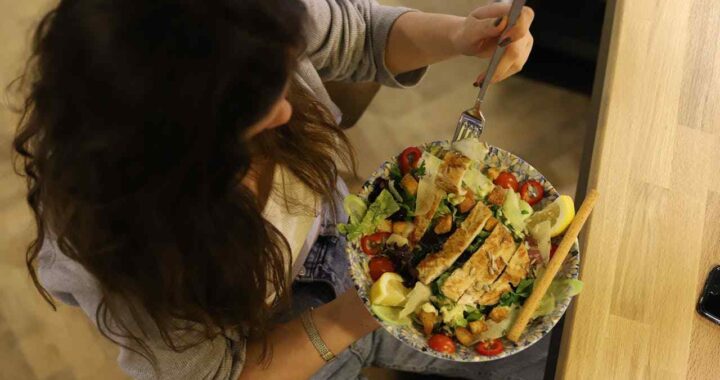 A Real Shift in Nutrition Policy — And Why It Gives Me Hope
A Real Shift in Nutrition Policy — And Why It Gives Me Hope 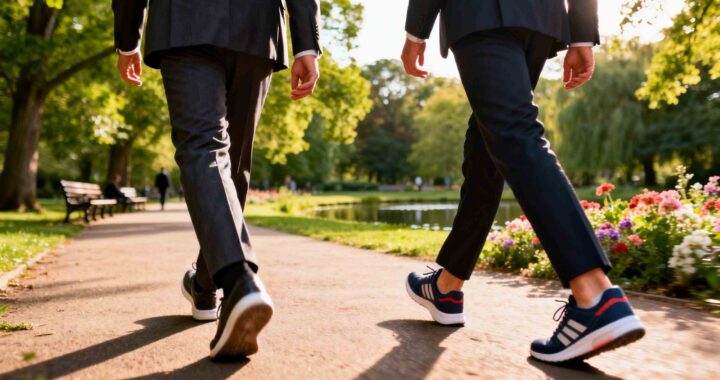 Move That Body
Move That Body  The Fuel Fix: Rethinking Type 2 Diabetes With Dr. John Poothullil
The Fuel Fix: Rethinking Type 2 Diabetes With Dr. John Poothullil 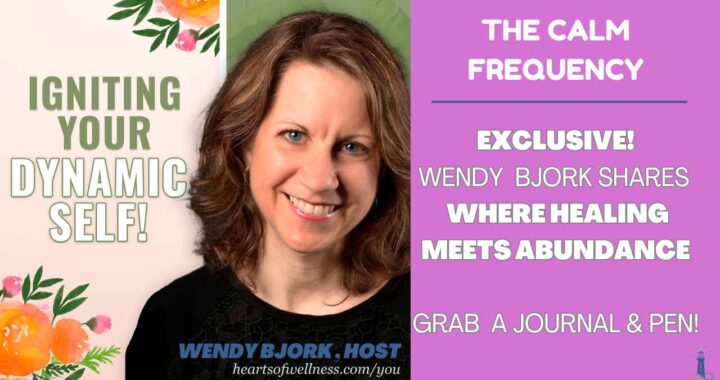 The Calm Frequency: Where Healing Meets Abundance
The Calm Frequency: Where Healing Meets Abundance 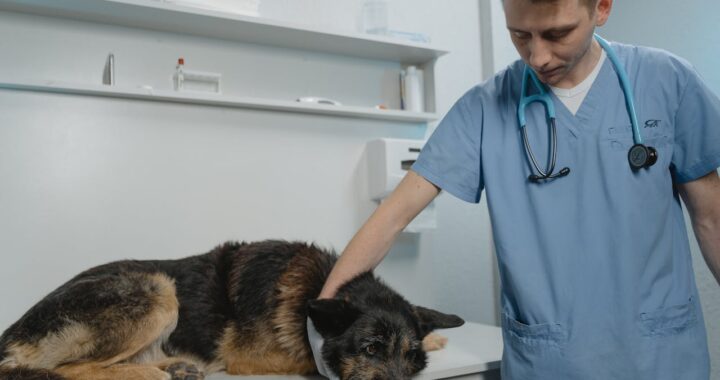 There Is No Glory in Fostering, but There Is Joy
There Is No Glory in Fostering, but There Is Joy  Why Personalized Luxury Travel Makes Every Journey Truly Unforgettable
Why Personalized Luxury Travel Makes Every Journey Truly Unforgettable 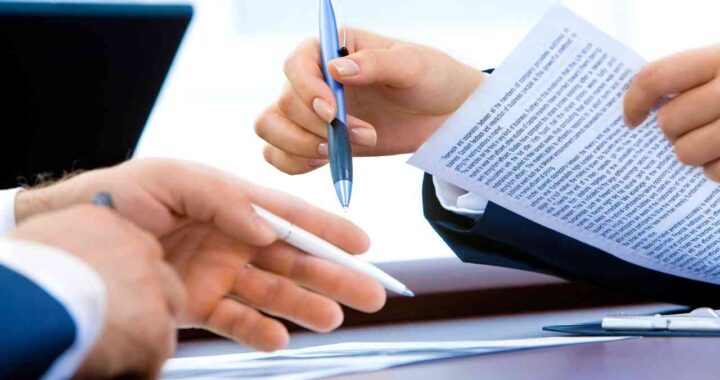 SaaS and Technology Agreement Attorneys in New York City
SaaS and Technology Agreement Attorneys in New York City  Real-Life Succession Planning Failures … and How To Avoid Them
Real-Life Succession Planning Failures … and How To Avoid Them